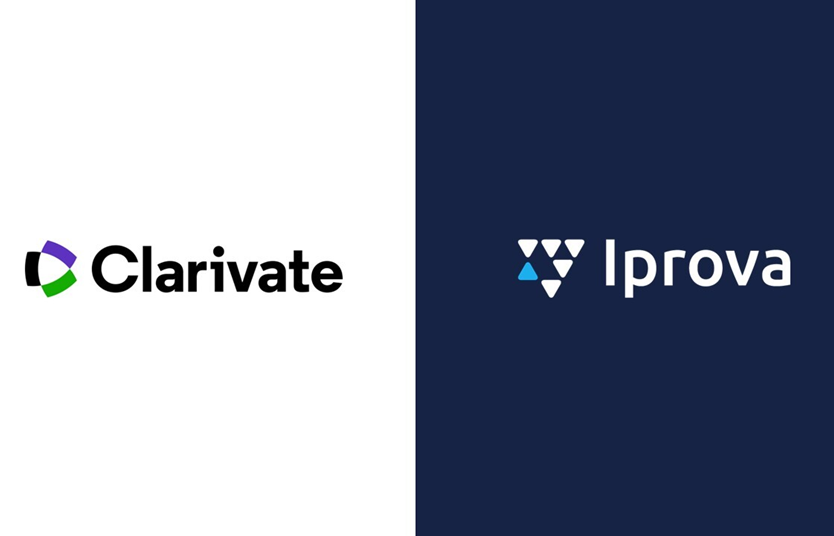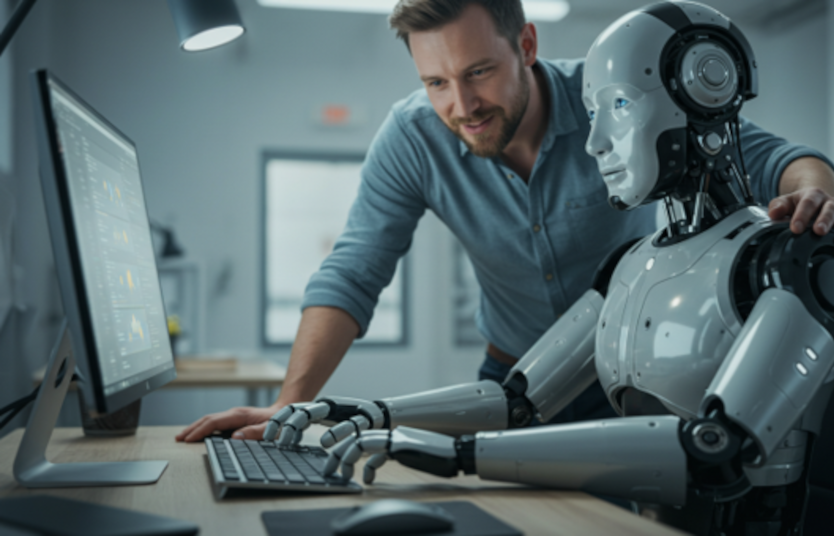Iprova’s Head of Standards, Harry Cronin, shares his thoughts on whether new technology can lead us towards a utopia…..
I was invited to participate in a debate at CWIC2023 in support of the proposition that new technology will create a utopia. Unfortunately, I was ill and could not attend, but thought I would put my thoughts on the subject to good use, so I penned a blog post instead.
Whatever you think about the nature of utopia, it’s clear that we don’t currently live in one. Indeed, without change, there are big risks that our current society will get worse in important ways. Utopia itself is a difficult concept (and is quite subjective – one person’s utopia might be another person’s hell and vice versa), but I’m convinced that if we continue to carefully apply technology, we will at least get to a better world than the one we have today.
I’d like to give a couple of examples of why I think that.
Looking back, technology, when diligently and carefully applied, has improved all aspects of our lives which it has touched. My recent experience shows how Paracetamol is a wonderful technology when you have a 1-year-old with fever. But technology even offers the promise to go further and get to the point where the virus he caught is no longer a problem.
Fundamentally, this requires new inventions and discoveries. However, there is a recognised problem with how we are currently doing this. A recent Nature paper found that the rate of disruptive advances is slowing down. Other thinkers have noticed that, while some fields, like computing, are growing exponentially, many others are stagnating, but that the exponential growth tends to lead to a false sense of progress in the others. We might be here talking about AI, 5G and quantum, but I bet the vast majority of us still travel to visit the family at Christmas using a combustion engine, recognisable to a 19th century engineer.
This problem is coming, at least partly, from a burden of knowledge. As science advances, it is impossible for one person to keep abreast of all developments in all fields, or even in their own field. Advances are thus increasingly narrow and evolutionary, rather than cross-domain.
Luckily, this is a problem of information access and, as such, it is one which AI is ideally placed to help with. We are already seeing early steps in this direction. DeepMind has published a system for automatic algorithm discovery and another for predicting stable crystals, which have blown wide open very important fields that had been stagnant. Separately, Iprova is working on AI-augmented invention, to help people come up with the next great solution. Or, in other words, what to do with all that amazing new science. I can see a near-term future in which these early steps really find their feet, connect together and we start to see the type of exponential progress which computing has experienced right across the board. What happens when a scientific discovery can be made and ten suggestions for its application in new inventions can be provided to a human user, all at the click of a button?
This brings me to a second area for hope: these systems fundamentally work based on AI augmenting humans: augmenting their creativity or taking away drudgery. And this human-in-the-loop model is a powerful driver of their performance, but, at the same time, is also a crucial check on some of their risks. Let’s think about some risks of AI. Bias is certainly one, but it’s only the AI mirroring our own imperfections back at us. It doesn’t seem existential. Perhaps a more subtle one is around “explainability”. This is a real risk. We don’t even know how to do “explainability” well at the single algorithm level, let alone when multiple AIs are interacting. We might imagine new failure modes for important systems, like the financial system based on unpredictable unsupervised AI decisions. But these algorithms just don’t work like that, not now and not in the foreseeable future. At least the ones I have tried. I predict that, as now, the best performing AI algorithms will remain those which augment and don’t replace human functions. You don’t let ChatGPT write your whole conference talk unsupervised, but it sure can save you a lot of time if you keep it on the rails.
Given this, there will be financial and other incentives to keeping humans in the loop for perhaps longer than many people imagine. Therefore, the outcomes will at least not be drastically worse than today’s human-governed world and have the potential to be much better.
So in summary:
- Without new scientific and technological advances, we’re doomed to a world no better than today’s and, potentially, it could be much worse.
- New tech like AI can seriously speed up how we do science and engineering.
- This does come with risks, but, by keeping the human in the loop, these can be mitigated and there are powerful financial and performance incentives for us to do so.
More from our feed
Iprova unveils high-performance data-driven invention software release
Read more
Clarivate Partners with Iprova to Streamline the Invention Creation and Submission Process
Read more
Everyone Is a Power User Now
Read more